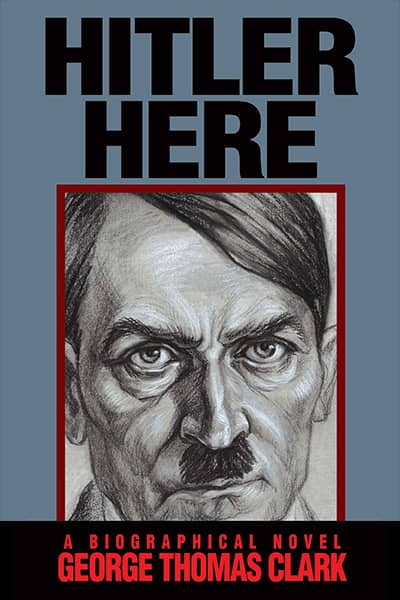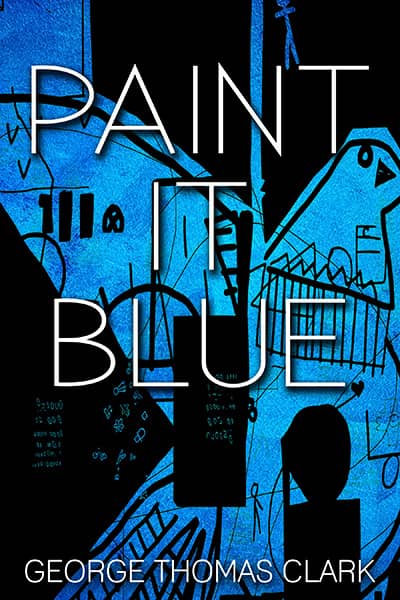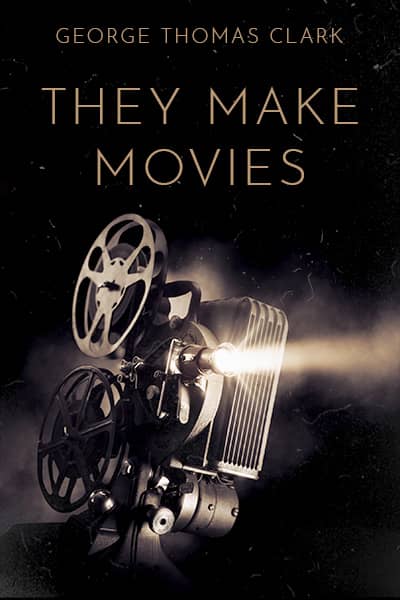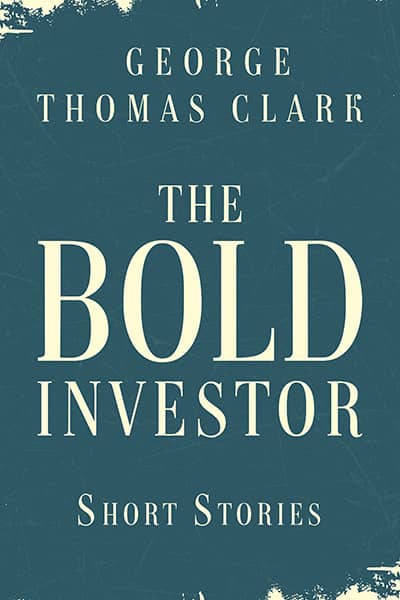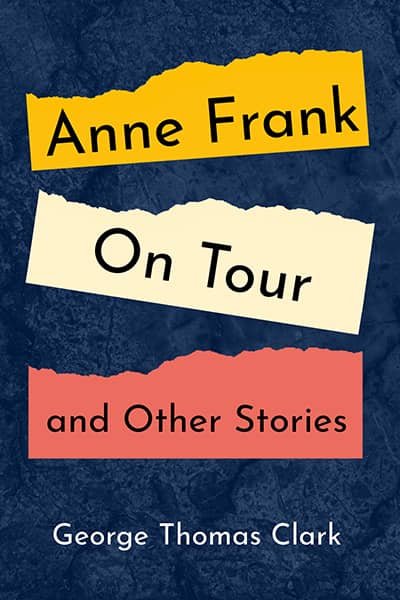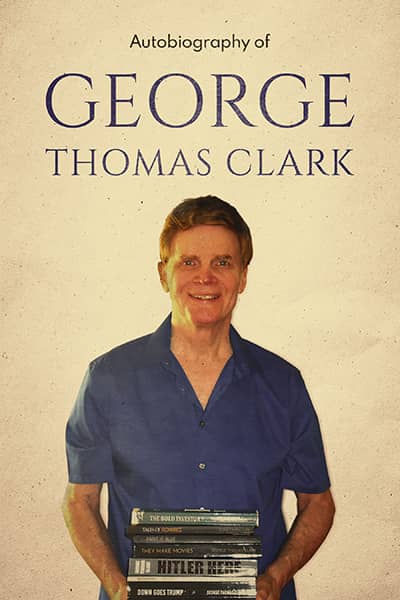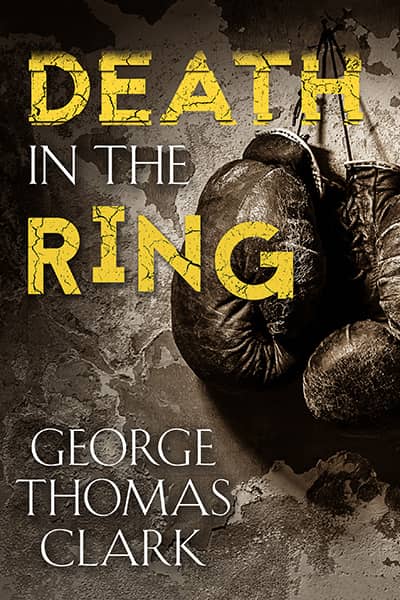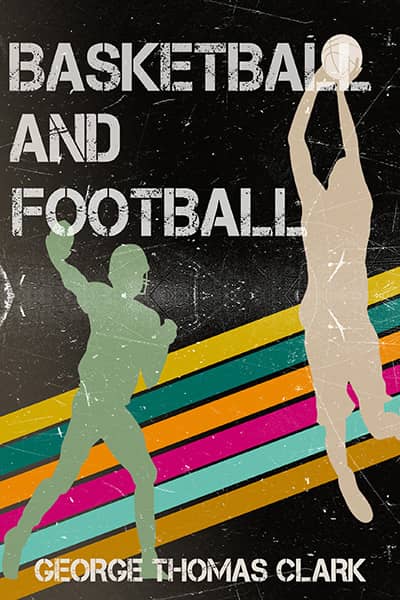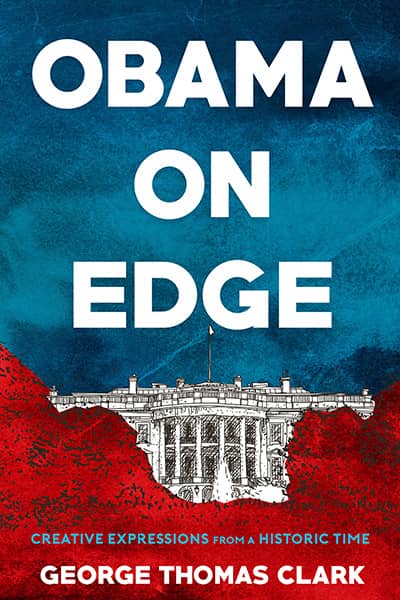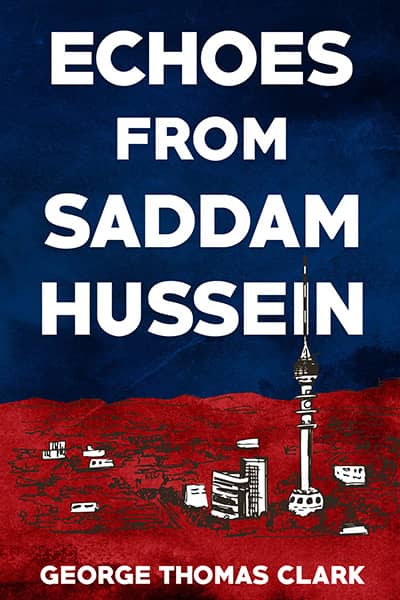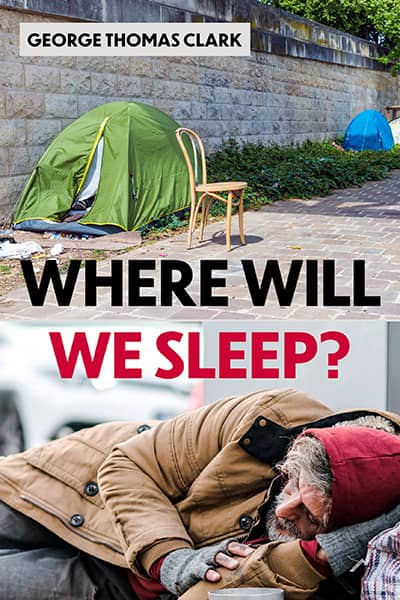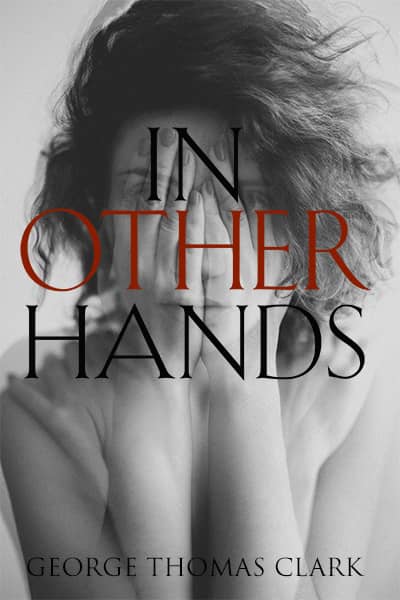The Tourista Strikes in Quito
August 24, 2012
I don’t know which foods polluted, or at least agitated, my digestive tract, but I believe this misfortune began at one of Quito’s most beautiful hotels, a place graced with superb artwork and guarded by suave young men in suits. Downstairs, at a Thursday breakfast buffet before an early-morning conference about internet business opportunities, I gorged myself with one of the healthier options, fresh fruit smothered by yogurt. Most conferees probably had one small serving. I downed at least five, but felt fine through the morning session. For lunch I dined in one of the hotel’s five restaurants, an enormous buffet that offered some vegetarian options and cost twenty bucks.
The plain pasta and rice and bread and salads didn’t taste right, and I was beginning to feel out of focus, so I may have already been getting ill from the morning bombardment. Whatever the source of distress, I spent the final two hours of the event either planning to dash to the men’s room or doing so. That afternoon, rather than attend the official opening of the conference about living in Ecuador, I lay in my hotel bed, my head being rung by downtown cars, trucks, buses, horns, and sirens.
The following morning, a Friday, I wobbled into the conference and tactically selected a seat at the rear of a large second-floor room holding more than three hundred people eager to become expatriates. The speakers presented information about the capital city and Cuenca, an Andean haven of culture and mellow living, and the coastal cities and towns, and lawyers and real estate agents and others explained how to move there legally and with minimum difficulty and what to consider buying and how to do it. I’m sure they offered even more insights but my comprehension was faltering when present, and I was absent from about half the sessions.
Despite having become a vegan – save for nonfat yogurt – a year and a half earlier, I decided to take emergency measures and resume drinking milk. I hadn’t been able to find my new liquid foundation, soy milk, in any restaurant or hotel and didn’t have the mental or physical energy to go to a supermarket. The milk did not help. Neither did buying and eating fresh fruit that looked just like the bananas, apples, and pears I consume every day at home. At least I wasn’t worsening. And I had time to recline in bed and watch the Olympics on ESPN in Spanish. Great sports proved a modest consolation.
The final day of the conference, a Saturday, I naturally sat near the exits. After distractedly listening to a few speakers I was preparing to leave when the lady at the podium, Sarah Dettman, a registered nurse, who’d been discussing health care, mentioned that in almost thirty years in Ecuador she’d treated hordes of foreigners beset by diarrheal difficulties. As she moved to the rear of the room I hurriedly walked to her and explained the problem.
“How many times a day?” she asked.
“Fifteen, at least.”
“That’s a lot.”
As Sarah Dettman requested I reached into my notebook and handed her a paper and pen, and she wrote the following: Cipro 500 mg three times a day for three days, six pills; luperamida (loperamide in English) 2 mg, six pills, take two tablets and then one after each problem; and a bottle of suero oral (which is used for rehydration.) I was also told to drink as much water as possible.
“Where’s the nearest clinic I can get a prescription for the Cipro?” I asked.
“You don’t need a prescription for most medications. Just go to Fybeca pharmacy near here. I’ll draw you a map.”
I thanked her in the deferential way one often does helpful medical professionals, walked downstairs, got a taxi, soon arrived at the pharmacy where the pharmacist, perhaps protecting national pride, said “changes” in diet cause these problems. He quickly provided the medications for which I paid $7.65 and took the first salvo immediately upon reentering the taxi and was back at the conference twenty minutes after departing.
I felt I was getting better immediately. Taking something often makes one optimistic. I still didn’t have much stamina and only attended half that day’s sessions, but after a rough Saturday night and fearful Sunday morning during which I dared not eat breakfast prior to flying to Cuenca, I was cured and have felt fine since.
